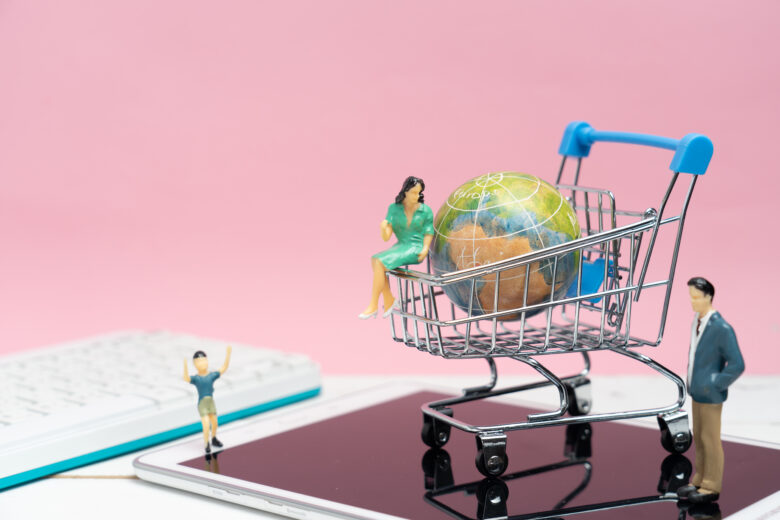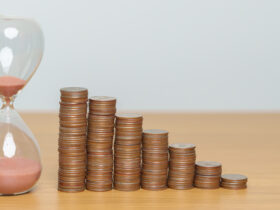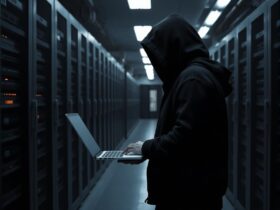Managing your money through paper has always been an excellent way to keep it safe, but with the convenience of online banking and shopping, using your money online has become a norm. With convenience, however, has come the risk of losing not just your money, but your identity through cybercrimes and hackers.
Luckily, tons of advanced digital and cybersecurity practices have made transacting online even safer by keeping your money and information where it belongs, with you. These safety money tips will ensure it remains that way.
1. Enable two-factor authentication and strong passwords
This is the most basic of all security measures you should take. When checking out on shopping sites, you are often asked to type your passwords. Avoid using the same password across multiple sites and make sure your password has a number, letter, capital letter, and special character. Don’t use your name or birthday as your password, as it’s the first guess hackers use.
Go a step further and enable two-factor authentication, especially if you trade in cryptocurrencies like bitcoin and use them to pay for online services. Although there are different ways to buy bitcoin in Indonesia, the safest measure you can use to keep your coins safe is enabling two-factor authentication. Also, make sure you use trusted trading programs like Paxful, where you can keep your transaction safe through escrow services.
2. Take advantage of a VPN
Spending time in a coffee shop, hotel, and airport during travel is common, and if you need to make a transaction during that time, you are likely to use the available Wi-Fi. However, hackers and cybercriminals use public Wi-Fi as their playing field to prey on people who don’t take the necessary precautions to secure their money.
Besides a strong password, take advantage of a VPN when you are using your phone and computer in a public place. VPNs create secure internet tunnels between your computer or phone and the remote server. All internet traffic between your device and the server is encrypted, keeping you safe.
3. Logout of your online banking
Again, this is basic, but you’d be surprised at how many people ignore to do it. When shopping at home, you probably have dozens of things to get done, and you can get distracted by your kids or the oven, leaving your inline banking account active.
Although banks log you out of the account if you are inactive for 15 mins, it’s always safe to do it yourself immediately you are done. Fifteen minutes is enough or a hacker to get your information and clean your account, or for your roommate to authorize a transaction.
You can never be too careful when spending your money online, so take as many precautions as you can to be safe. Make it routine to check on your money every day and scan your activities to verify the vendors and amounts you spent. If something is amiss, you will catch it on time and alert your bank, whether you are using a personal or business account.














Leave a Reply